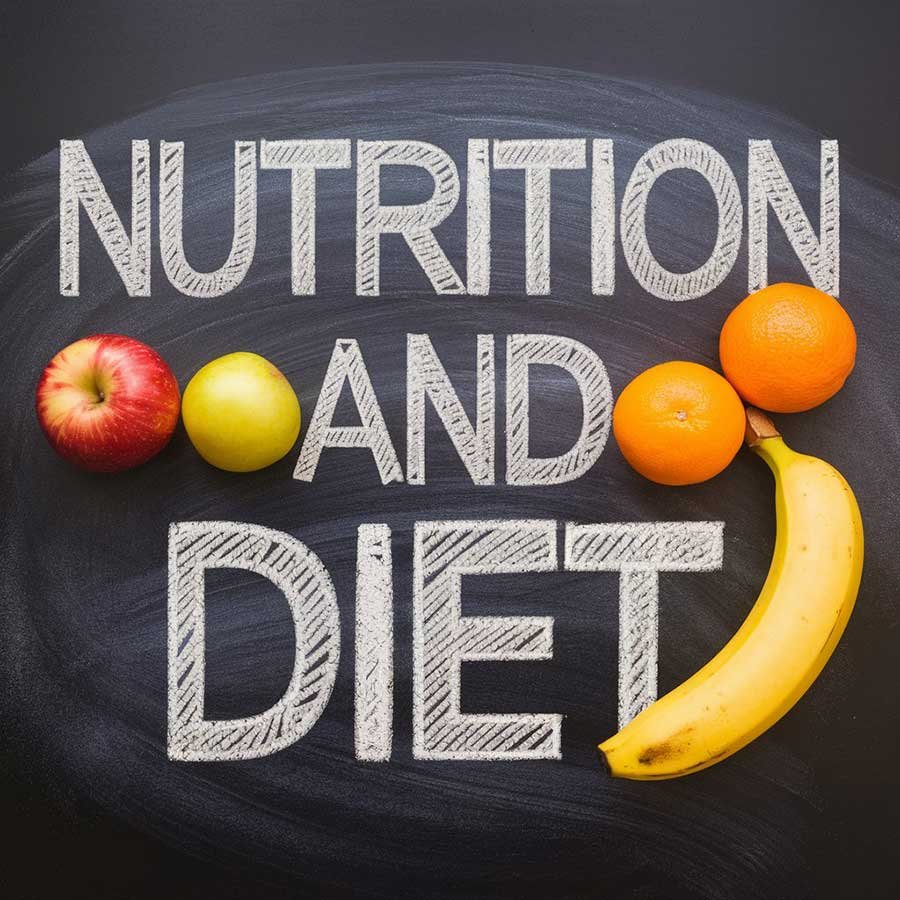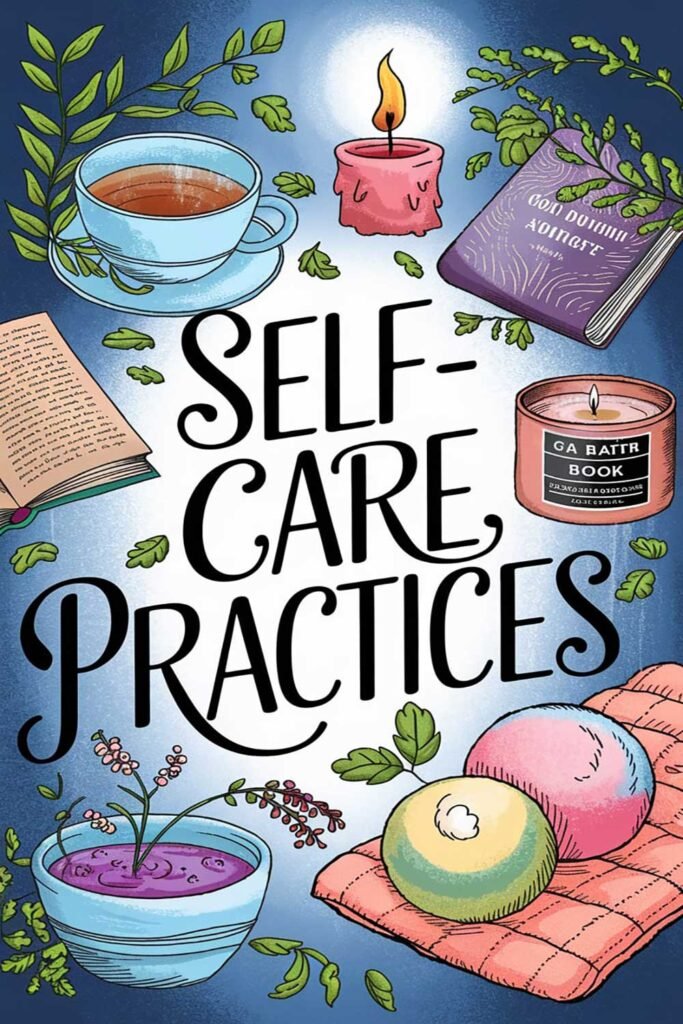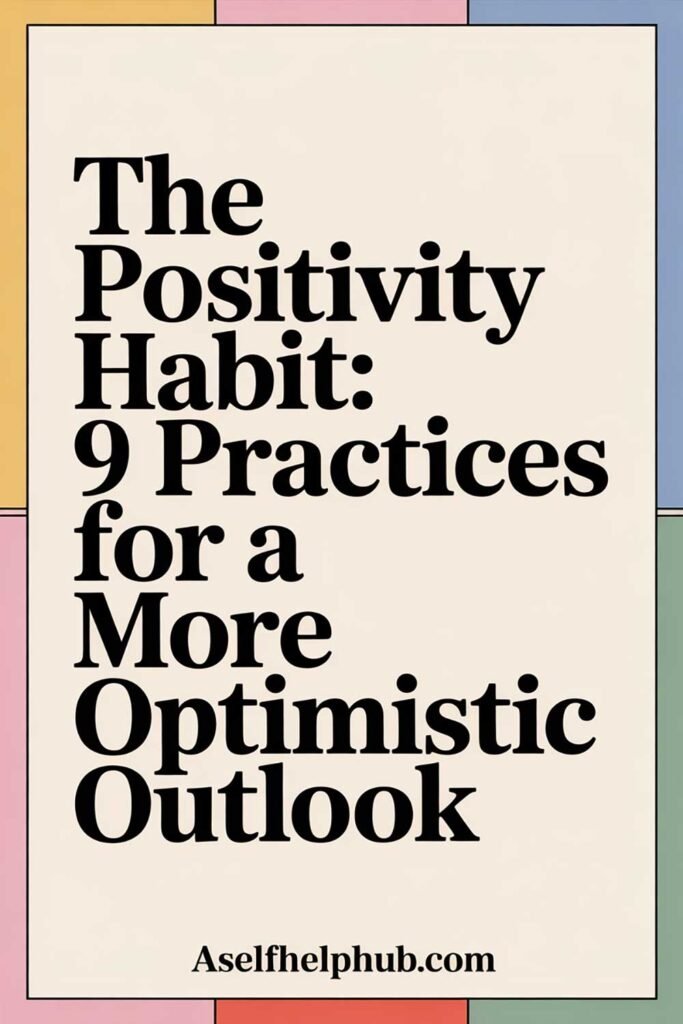
Nutrition and Diet
A balanced diet is essential for maintaining overall health, energy levels, and well-being. Proper nutrition fuels the body, supports mental clarity, strengthens immunity, and prevents chronic diseases. Whether your goal is weight management, muscle gain, or simply improving your lifestyle, understanding the basics of nutrition is key.

Why Nutrition Matters
Good nutrition isn’t just about weight control—it affects every system in your body. The benefits of proper nutrition include:
- Increased energy levels for daily productivity.
- Stronger immune system to fight illness and infections.
- Better digestion and gut health to prevent bloating and discomfort.
- Improved mental clarity and focus.
- Enhanced physical performance in workouts and daily activities.
The Key Components of a Healthy Diet
1. Macronutrients: The Foundation of Your Diet
Macronutrients are the major nutrients your body needs in large amounts:
- Carbohydrates: Provide energy. Found in whole grains, fruits, and vegetables.
- Proteins: Essential for muscle repair and overall function. Found in lean meats, fish, beans, and tofu.
- Fats: Support brain function and hormone production. Found in avocados, nuts, olive oil, and fatty fish.
2. Micronutrients: The Essential Vitamins and Minerals
Micronutrients are needed in smaller amounts but play a crucial role in health:
- Vitamin C (citrus fruits, bell peppers) for immunity.
- Iron (spinach, red meat) for oxygen transport.
- Calcium (dairy, leafy greens) for bone health.
- Omega-3 fatty acids (salmon, flaxseeds) for brain function.
3. Hydration: The Overlooked Essential
Proper hydration is vital for digestion, circulation, and overall well-being. Aim for at least 8 cups of water per dayand increase intake based on activity level.
Hydration tips:
- Start your day with a glass of water.
- Carry a reusable bottle to stay hydrated.
- Drink herbal teas and eat water-rich foods like cucumbers and watermelon.
Best Eating Habits for a Healthier Lifestyle
1. Eat Whole, Unprocessed Foods
- Prioritize whole grains, lean proteins, and fresh produce over processed foods.
- Reduce intake of added sugars, artificial ingredients, and refined carbohydrates.
2. Practice Portion Control
- Use smaller plates to manage portion sizes.
- Listen to hunger and fullness cues to avoid overeating.
3. Balance Your Meals
Each meal should include a balance of carbs, protein, and healthy fats to keep energy levels stable.
Example of a balanced meal:
- Grilled salmon (protein & healthy fats) + quinoa (carbs) + steamed broccoli (fiber & vitamins).
4. Plan and Prep Your Meals
- Meal prepping helps prevent unhealthy food choices when busy.
- Keep healthy snacks like nuts, yogurt, and fruit on hand.
5. Practice Mindful Eating
- Eat slowly and savor each bite.
- Avoid distractions (like TV or scrolling on your phone) during meals.
Nutrition Myths Debunked
Myth 1: Carbs Make You Fat
- Fact: Whole, complex carbs like brown rice and oats provide essential nutrients and energy.
Myth 2: Fat Should Be Avoided
- Fact: Healthy fats from avocados, nuts, and olive oil are necessary for brain health.
Myth 3: Skipping Meals Helps with Weight Loss
- Fact: Skipping meals can lead to overeating later and slow metabolism.
Myth 4: Protein Only Comes from Meat
- Fact: Plant-based sources like lentils, quinoa, and tofu provide ample protein.
How to Make Healthy Eating Sustainable
- Adopt a balanced approach rather than strict dieting.
- Focus on progress, not perfection. Small changes lead to lasting habits.
- Experiment with new recipes to keep meals exciting and enjoyable.
- Stay consistent with meal planning and hydration.
Picture This
Imagine feeling energized throughout the day, free from cravings and sluggishness. Your meals are nourishing, satisfying, and support your body’s needs. Instead of feeling restricted by diet rules, you enjoy a balanced approach to eating, knowing that each meal is fueling your best self.
What’s one small change you can make today to improve your nutrition?
Please Share This Article
If you found this guide helpful, please share it with others who want to improve their nutrition and overall health.Small steps can lead to big changes!






